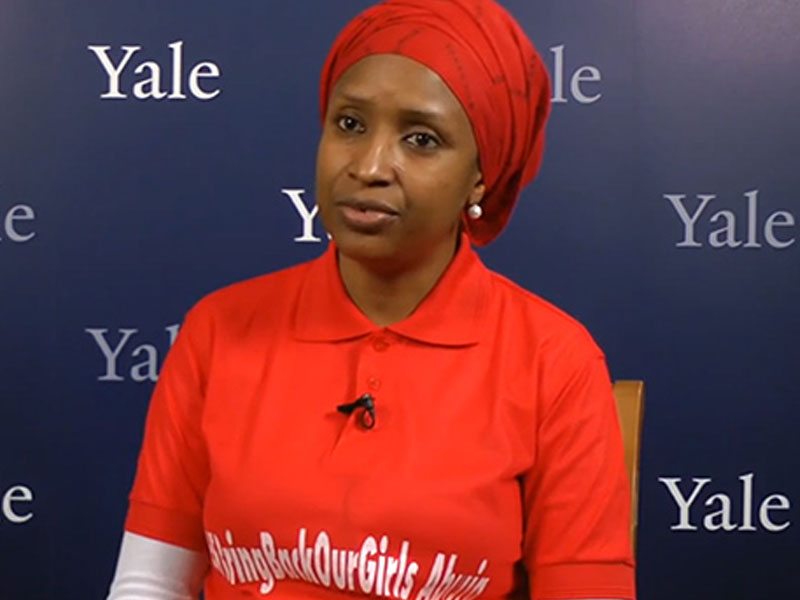The Managing Director, Nigerian Ports Authority, Ms Hadiza Usman, has urged the Federal Government to reduce taxation on local manufacturing companies to boost “Made in Nigeria products’’.
Usman, represented by Alhaji Kabiru Edward, the Abuja Liaison Officer, made the call at the special day for the authority at the 12the Abuja International Trade Fair.
The theme of the fair is “Returning Nigeria to the Path of Sufficiency through Non-Oil Exports’’.
“Talking about Made-in-Nigeria products, there are several measures that need to be met before we can talk of returning Nigeria to the path of sufficiency through non-oil export.
“Government should improve trade free zones in the country, reduce taxation on companies that manufacture locally and boost electricity which is an important commodity.
“Government should provide long- term and short-term loans for producers and improve on our transportation systems to encourage the transfer of goods from one location to another,’’ she said.
Usman said government should also encourage the exportation of more locally made goods than importing foreign products and revive local industries.
She said that government should endeavour to make the ports to attract transhipment cargoes to boost revenue and put the country on the map of serious maritime nations.
“Government must act and accept the maritime and port industry as a prime economic driver, bearing in mind that the port is the gateway of 85 per cent by volume of economic activities in the nation,’’ Usman said.
Dr Adetokunbo Kayode, President, Abuja Chamber of Commerce and Industry, said the fair offered great opportunities for business development and a platform for all exhibitors to showcase their latest innovations in products and services.
Represented by Mr Chijioke Ekechukwu, Director- General of the chamber, said the theme was in response to the spirit and intent of the Economic Recovery and Growth Plan.
“The chamber believes that our economy must become externally diversified with the non-oil sector becoming the main source of earning foreign exchange,’’ he said.
Kayode said the theme was a call for all stakeholders to support efforts and initiatives to promote local production of goods and services to achieve self-sufficiency and stimulate export.
According to him, the fair seeks to promote accelerated development of industry, trade and commerce, engender real growth and diversification of the Nigerian economy by promoting non-oil exports.
It will also provide access to resources and technology findings and foster innovation and competitiveness of the country’s economy, he said.
Kayode said the port was important in international trade because a seaport is the nerve of foreign trade of a country.
“Port development not only accelerates the rate of international trade but also acts as a catalyst to employment and revenue effects.
“In advanced countries, governments are continually championing efficiency of procedures and operations of their ports by removing bureaucracy and administrative bottlenecks thereby reducing cargo dwell time and transaction cost.
“The efficiency effects have facilitated export and import trade in countries that have effectively implemented targeted port reforms,’’ he said.
Kayode said that Nigeria’s port remained one of the most expensive and cumbersome to conduct transaction in the world due to the inherent bottlenecks and complication of procedures.
He acknowledged the on-going reforms initiated by the port authority, such as the upgrade of the Information and Communication Technology infrastructure as well as business process re-engineering.

